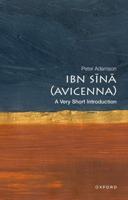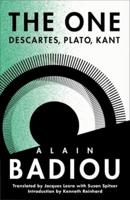Publisher's Synopsis
Medieval logicians advanced far beyond the logic of Aristotle and the aim of this book is to show how far that advance took them in two central areas. Alexander Broadie focuses upon the work of some of the great figures of the fourteenth century, including Walter Burley, William Ockham, John Buridan, Albert of Saxony, and Paul of Venice, and deals with their theories of truth, conditions and validity conditions. He reveals how much of what seems characteristically twentieth-century logica was familiar long ago. Professor Broadie has extensively revised his text for this second edition, while preserving the character of the first. There are now fuller accounts of supposition of intentional contexts, and of medieval syllogistics, and the Conclusion has been substantially expanded.









